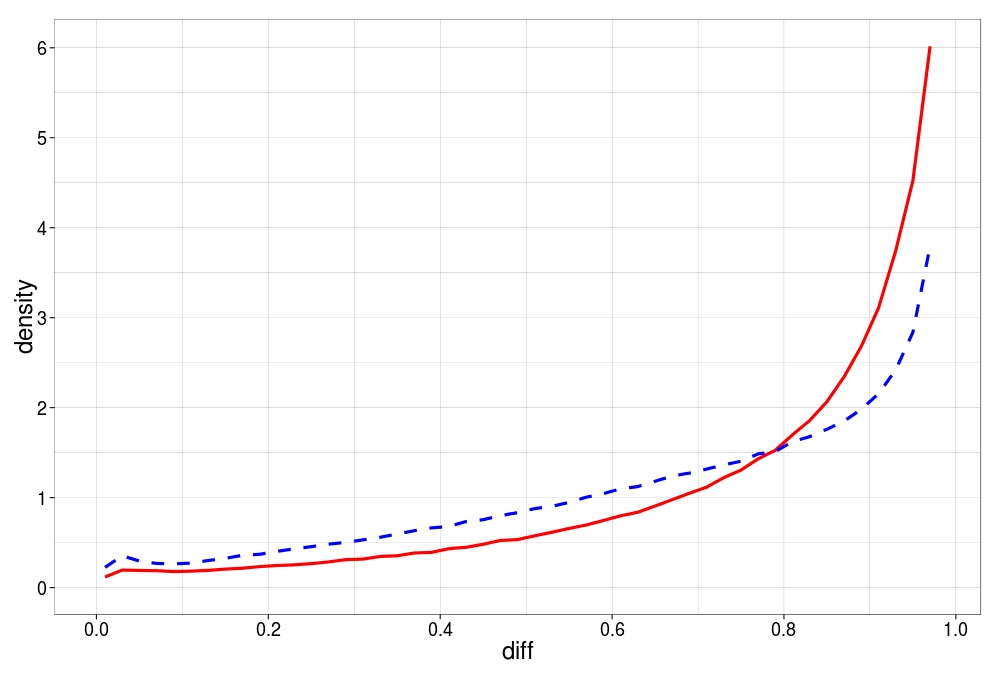I can't speak for the community as a whole, but I can offer my perspective, as someone who's been around on StackExchange for a fair while.
I edit questions quite a lot, but only rarely do I edit answers. For me it's to do with ownership. I feel that questions are much more loosely tied to an individual than answers are. When you ask your question, there's an intrinsic appeal to the community. You're asking for help, and one of the ways we help is by fixing your question, requesting clarifications, and so on. Also, the question itself is the first point of contact with the post, and the thing that future readers will be seeing and responding to ("that's my problem!"). So a question is really something that is "given" to the site, as an offering. And I improve that when I can.
When I read an answer, I associate that response strongly with the answerer. They have provided the answer, their avatar is associated with the answer, and their reputation will stand or fall on the basis of its quality. By providing an answer, they are making a kind of implicit claim for their own expertise. I don't copy and write a similar answer, because that would be a breach of etiquette, and feels like stealing. I don't edit to modify or add information, because that would be putting words in that person's mouth, and they would reap the consequences (which could easily include downvotes). If an answerer particularly wanted this communal interference, they could use community wiki or a comment as a way to signal that. And I don't edit answers for grammar or spelling or style, because that feels too intimate. Just about the only thing I edit answers for is broken links. I think this is because they clearly need fixing, and absolutely nothing is added that wasn't originally intended.
In general, I notice the same behaviour from others on my own answers. The only time I really see people try to edit my answers is if they are very new (I usually reject the edit), or if it is a meta question like this one (when people do it to make a point or be humorous). Comments are the accepted convention, and much more respectful of the original answerer. I am protective of my answers, and I don't like having them edited directly by anyone else.
When I do feel an answer could do with significant editing, I usually say so in a comment, and downvote if necessary. I often provide the content in the comment, but leave it up to the answerer to add it to their answer if they see fit. If they do, I usually delete the comment and reverse my vote.

